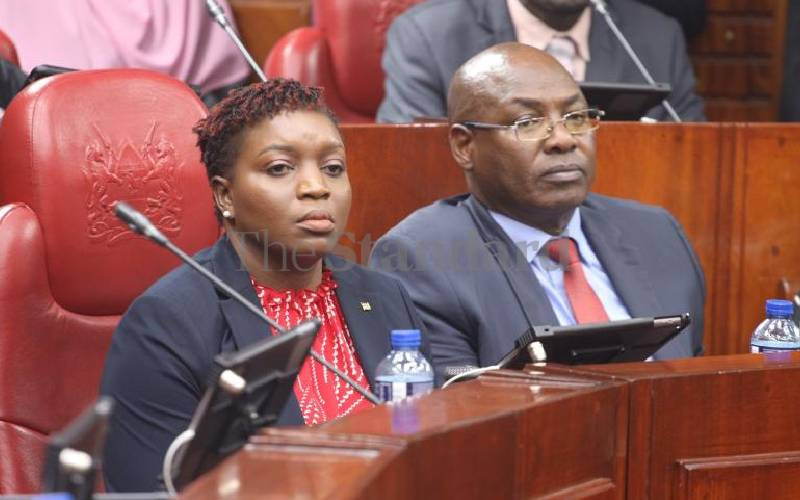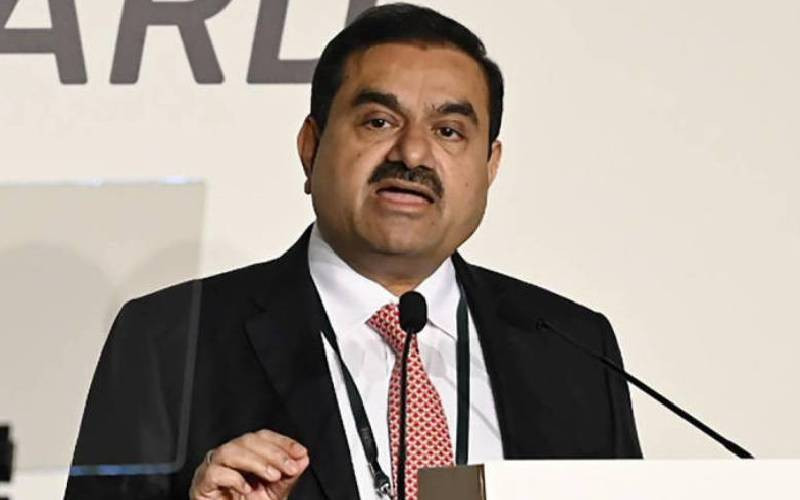×
The Standard e-Paper
Join Thousands Daily

A Sh1.4 billion budget cut has led to an acute vaccine shortage in the country, risking the lives of infants.
The vaccine budget was reduced from Sh2.6 billion to Sh1.2 billion, which is insufficient to offset a Sh4.2 billion debt owed to Unicef and Gavi, the Vaccine Alliance.








